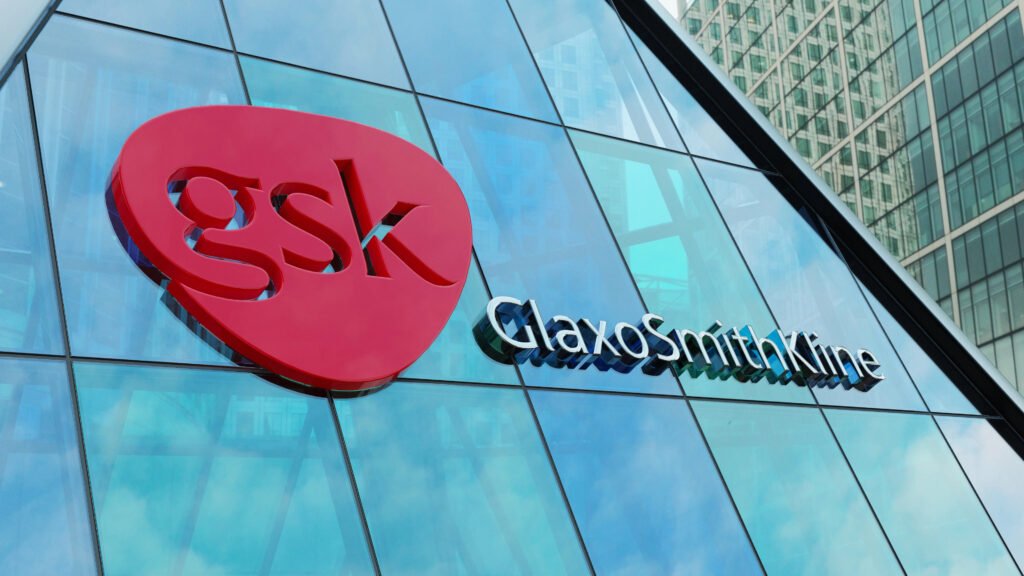The Phase III ENGOT-OV44/First trial delivers a milestone in ovarian cancer research, suggesting immunotherapy could redefine standard of care when combined with chemotherapy and PARP inhibition.
The Phase III ENGOT-OV44/First trial delivers a milestone in ovarian cancer research, suggesting immunotherapy could redefine standard of care when combined with chemotherapy and PARP inhibition.

On December 21, 2024, GSK announced that its Phase III FIRST-ENGOT-OV44 trial achieved a key primary endpoint, showing that the combination of dostarlimab (Jemperli), a PD-1 inhibitor, with carboplatin-paclitaxel chemotherapy followed by maintenance niraparib (Zejula) significantly improved progression-free survival (PFS) in patients with newly diagnosed, advanced nonmucinous epithelial ovarian cancer.
This marks a potential paradigm shift in the treatment of ovarian cancer, one of the most challenging gynecologic malignancies with a historically high recurrence rate.
Trial Design and Findings
The FIRST trial enrolled over 900 patients globally, randomizing them to receive chemotherapy plus either dostarlimab or placebo, followed by maintenance therapy with niraparib—with or without bevacizumab—depending on physician and patient choice.
The addition of dostarlimab to standard chemotherapy and subsequent PARP inhibition resulted in a statistically significant improvement in PFS, demonstrating that immune checkpoint blockade can play a meaningful role in delaying disease progression in this setting.
While the trial achieved its primary goal, the key secondary endpoint of overall survival (OS) has not yet reached statistical significance. GSK confirmed that OS analyses are ongoing and will be shared as the data matures.
Safety findings aligned with the known side-effect profiles of each drug, with no unexpected adverse events observed. The tolerability of the regimen will be a critical factor in determining its suitability for broad adoption in frontline ovarian cancer care.
Background: Why This Matters
Ovarian cancer remains one of the most lethal gynaecological cancers, often diagnosed at advanced stages. Despite advances in surgical techniques and chemotherapy, 70–80% of patients relapse within three years of initial treatment. In recent years, the introduction of PARP inhibitors has extended progression-free survival for many women, particularly those with BRCA mutations or homologous recombination deficiency (HRD).
The challenge, however, has been to provide durable benefit across a broader patient population. Immunotherapy, long successful in melanoma, lung, and other cancers, has historically underperformed in ovarian cancer when tested as monotherapy. The rationale behind FIRST was to integrate immunotherapy early, in combination with chemotherapy and PARP inhibition, to potentially enhance immune recognition and durability of response.
The positive PFS results now provide clinical evidence supporting this strategy.
Implications for Clinical Practice and Regulation
If the overall survival benefit is ultimately confirmed, this regimen could become a new frontline standard for advanced ovarian cancer, impacting treatment guidelines globally. The findings also open the door for other checkpoint inhibitor combinations to be tested in similar gynaecologic cancers.
From a regulatory standpoint, GSK is expected to present the full dataset at upcoming oncology congresses in 2025 and to engage with global health authorities on potential label expansions for both dostarlimab and niraparib.
For clinicians, the trial highlights a growing movement toward personalized combination therapies, where immunotherapy is introduced earlier in the disease course rather than reserved for recurrence or late-line treatment.
Patient Impact
For patients facing a diagnosis of advanced ovarian cancer, the potential to extend remission is profound. While PFS is not a substitute for overall survival, it is often strongly correlated with improved quality of life, reduced hospitalizations, and delayed need for second-line therapy. Importantly, the absence of new safety concerns may reassure both oncologists and patients considering a more intensive upfront regimen.
Next Steps
Conclusion
The results from the FIRST-ENGOT-OV44 trial represent one of the most significant developments in ovarian cancer research in recent years. By successfully combining chemotherapy, PARP inhibition, and immunotherapy, GSK may be on the verge of redefining the frontline standard of care. While questions about overall survival remain, the achievement of a PFS benefit alone is a critical milestone in the effort to improve long-term outcomes for women battling this aggressive cancer.
Keep in touch with our news & offers